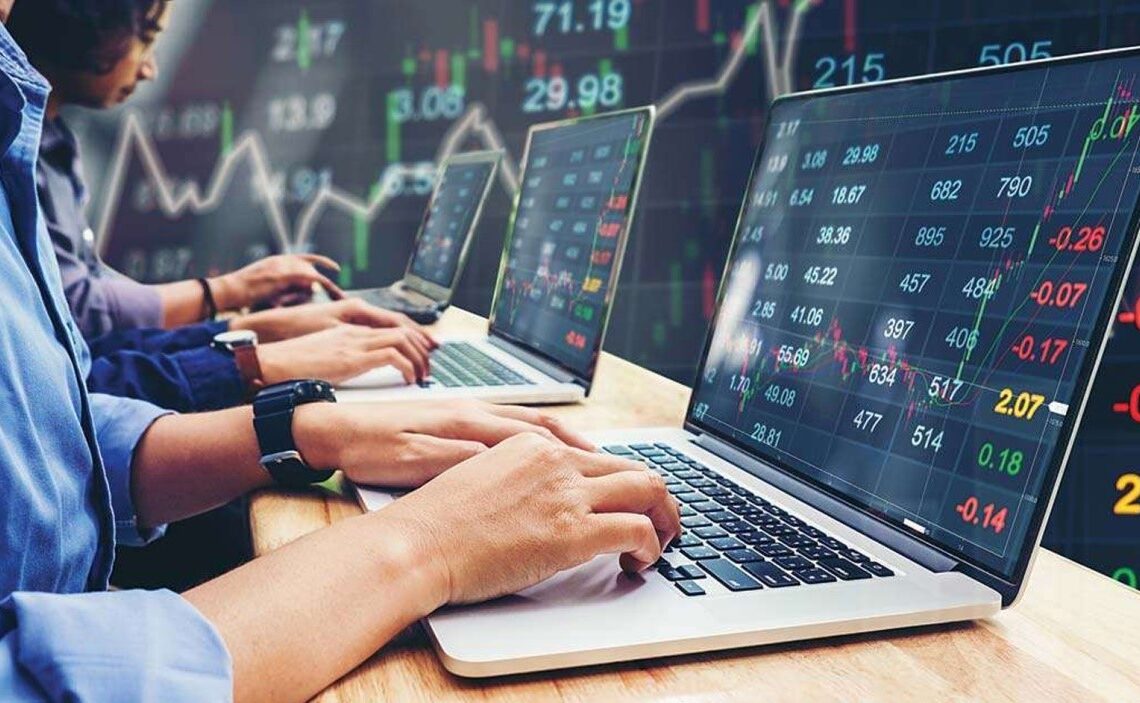It’s vital to remember that we live in an era of constant development, whether you’re a trader, an investor, or a fintech start-up looking to build your trading system. Technological advancement has devolved into a rat race for market share. As a result, developing a great platform that matches the market’s high standards could be a complex undertaking. But difficulty does not imply impossibility.
Developments in Trading Platforms: A High-Level Analysis
For marketplace participants, a robust virtual trading platform is a must-have. With that in mind, let’s look at these 2022 trends for trading that can be employed to benefit financial software to keep up with the technological stream:
Mobility and cloud-based technology
The time traders spend the entire day in front of a computer screen placing orders or analysing charts are long gone. A current trader is an “on-the-go” trader, implying they are most comfortable holding a phone or a laptop in their palms.
Modern platforms are now not only versatile but also designed for mobile devices.
Cloud-based technology is, without a doubt, the perfect match for mobile functioning. You’ll be capable of working from your phone, and all of your data will be saved and transferred to the cloud, giving you access to it at any time. Whenever it comes to mobile technology, being abreast of trading platform developments is critical.
Flexibility and customizability
Allow users to set up a workspace according to their preferences to make your platform a successful solution. Customisations are designed to make the user experience simple, pleasurable, and convenient. Nobody enjoys clicking around in circles until they reach their goal.
As a result, when building a trading platform, you should use a customer-centric method to ensure that it is user-friendly. The following are examples of customisable features:
- Saveable layout templates
- Customisable data visualisation
- Support for several monitors.
- Support for viewing several charts.
- Browser neutrality.
- A simple classification of data vendors.
- Zooming in and out of the workplace
Both newcomers and veterans in the trading industry can benefit from well-designed, flexible systems. However, for optimal platform efficiency, don’t overcomplicate customising options.
Big data research tools
Appropriate research tools assist traders in identifying trends and quickly spotting investing possibilities that match their objectives. Furthermore, excellent market analysis tools eliminate the need for traders to pay broker fees, allowing them to profit independently.
The emergence of Big Data technology is significant for the processing of massive amounts of data. For individuals who dare to contend with the titans in stock or FX trading, big data technologies could be a golden ticket to their success.
High-Speed operations
One of the most crucial advantages of trading software is routing data quickly. Platforms require executables to provide precise and rapid execution. Low-latency systems save money and time for market participants, and time is money in the trading business.
Several software engineers and businesses are currently working their fingers to the bone to improve the speed of order processing and execution to maintain a transaction flow that is free of delays. Programmers must ensure that the system isn’t causing extra delays.










